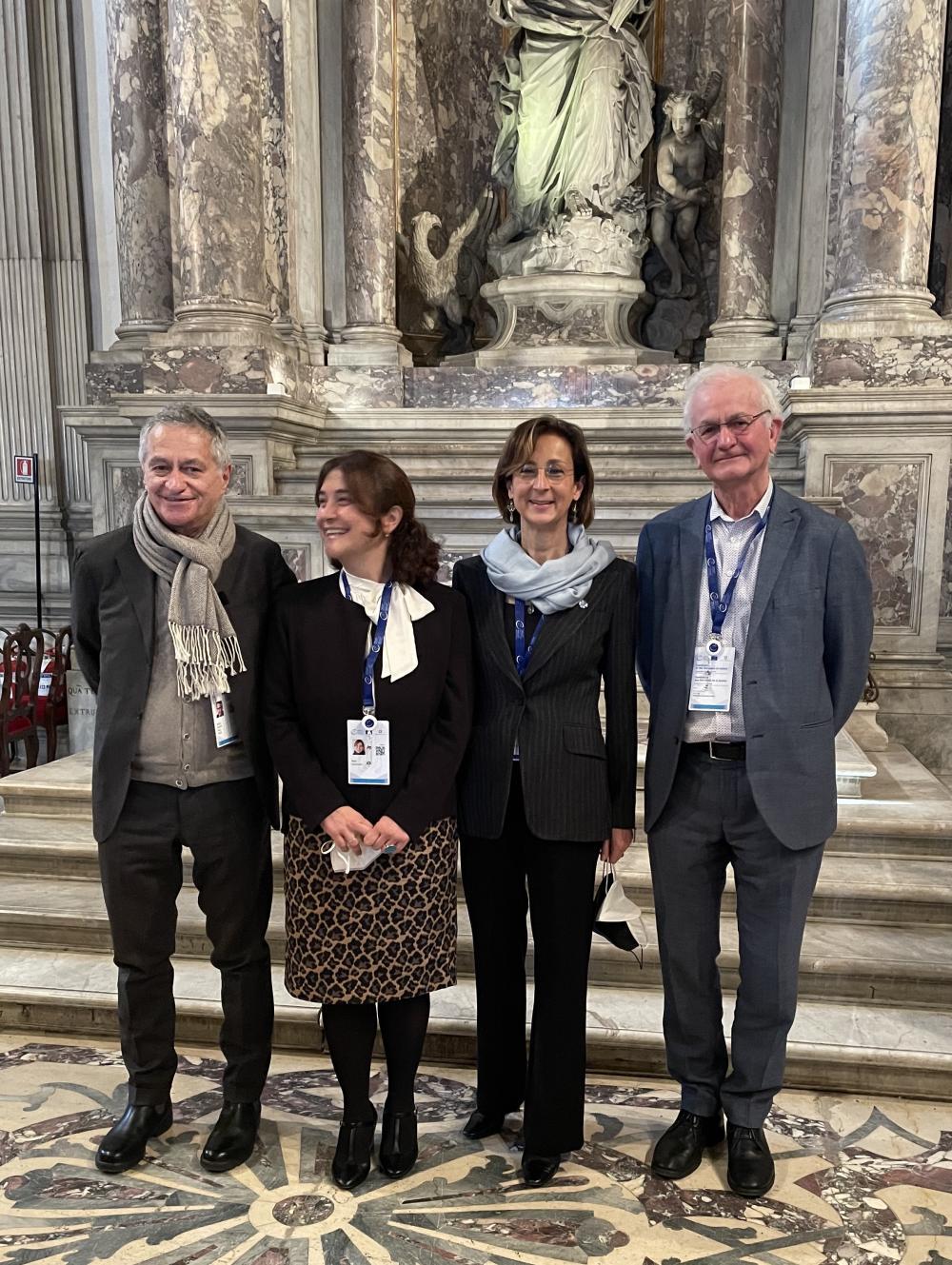The summit of the Ministers of Justice of the member states of the Council of Europe took place on 13 - 14 December 2021 in Venice, Italy. The first Conference of Ministers of the semester of the Italian Presidency was fully dedicated to restorative justice. The event was concluded with the unanimous adoption of a new Venice Declaration on the role of restorative justice in criminal matters. The EFRJ was officially represented on the event by Maia Chochua Board member. Professor Ivo Aertsen, founding member and the first Chair of the EFRJ also took part in the conference. Both them addressed the high level audience as experts on restorative justice.
New Venice Declaration on the role of restorative justice in criminal matters
The Declaration
On 14 December 2021, the 40 delegations from all over Europe unanimously adopted the “Venice Declaration”. The Venice Conference proved to be an instrumental and timely platform for the exchange of knowledge, information and good practices, as well as discussing challenges in this area.
The Declaration underlines the importance and advantages of restorative justice and calls upon the Council of Europe to further support member states to implement the 2018 Recommendation. Member states – among others – are encouraged to consider granting the right of access to restorative justice and to actively raise awareness of restorative justice nationwide. The Declaration calls upon the Council of Europe to carry out further studies, elaborate on the principles of restorative justice and propose measures to member states to apply these principles.
The EFRJ highly welcomes the Venice Declaration and is open to continue its collaboration with the Council of Europe through the European Committee on Crime Problems, where in 2021 the EFRJ was granted an observer status. The EFRJ is also keen to offer support for the member states in their efforts to act in the spirit of the Venice Declaration.

The role of the EFRJ
Current and former members of the EFRJ were invited to participate and contribute in preparatory meeting of the conference organised by the incoming Italian presidency earlier in Como (Italy) on 12-13 October 2021.
At the Conference of the Committee of the Ministers in Venice Professor Ivo Aertsen contributed with an introductory talk on the topic "Towards a widespread use of restorative justice as a complement of the criminal justice system to underpin its reform aiming at desistance from crime, victims’ recovery, and offenders’ redress and reintegration.
Board member Maia Chochua introduced the session titled "Towards a widespread training in restorative justice as a key to implement CoE Recommendation". Both of their introductions were followed by the statements of ministers.
Photo: the three keynote speakers of the conference with Marta Cartabia, the Italian Minister of Justice and Chair of the Conference. From left to right: Adolfo Ceretti, Maia Chochua, Marta Cartabia, Ivo Aertsen.

